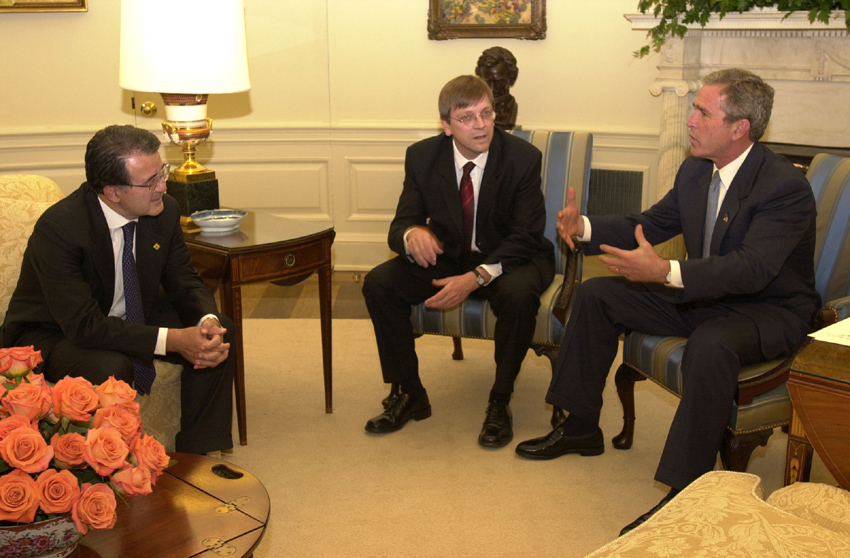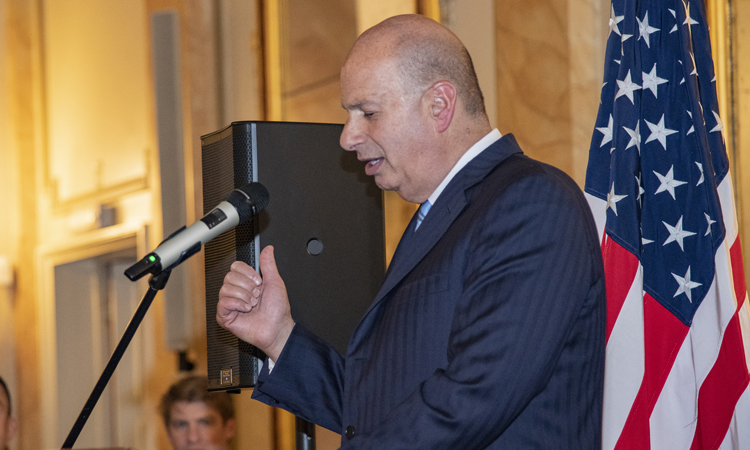The NRF was very slow, this time we promise you it will be fast
(BRUSSELS2 to Cardiff) During their summit in Wales today and tomorrow (September 4 and 5), the NATO countries will equip themselves with a rapid reaction force. It was about time, you might say. Since 2002, however, NATO has had a mega reaction force, the NRF, cut out for 60.000 men. Stated goal: enable a rapid military response to an emerging crisis, whether for collective defense objectives or for crisis response operations ". Decided at the Prague summit in 2002, reaching its initial operational capacity, the NRF was declared operational in 2006, but the NRF often remained in the garage and was not really used.
Recognition of failure
In fact of reaction, it was a little slow. And in terms of strength, she mainly did some exercises and humanitarian actions. In the summer of 2004, elements were used for the protection of the Olympic Games in Athens. In October 2005, NRF planes delivered aid to the United States from NATO member and partner countries after Hurricane Katrina. And shortly thereafter, until February 2006, elements of the NRF intervened to help Pakistan in the areas devastated by the earthquake. How nice. But that's not quite the goal of the NRF. In terms of objective, this is called a failure... In order to keep the tool, we reconverted it within the framework of the transformation of the Euro-Atlantic armies. She must serve support to demonstrate NATO's operational readiness " and of " test bed for Alliance transformation they say to the Alliance. To have...
10 years after a return to the reality of conflict
Drawing the report of the volatility of the crises, NATO will therefore adopt in Wales after the concept of small force, more adapted to the ground and smaller. No more mega Bosnian or even Kosovar deployments, in fact, the important thing is to be on the ground very quickly. And in a very operational way. At that time, 3-4000 men can make the difference. France demonstrated this in Mali. The problem that the Alliance will have to avoid is not to resolve the issues facing the battlegroups of the European Union. Otherwise we will remain a little publicity stunt without a future.
The problem ...
It's that everyone pretty much agrees to take their turn on call as long as it's not a question of leaving. But then it's every man for himself. The system is blocked because it is necessary to decide together what only some bear (the costs of sending troops belong to the Member States). These fundamental questions do not seem to have been settled yet, either on the EU side or on the NATO side. It's when these two issues—political and financial—are settled that we'll know if we really have a rapid reaction force. It is true that the advantage of NATO is to have the United States, which has the role of big brother, responsible for rolling eyes or raising its voice a little to be obeyed. In the European Union, with its more egalitarian mode of operation, it is not as easy.
A duplicate
The other issue that will have to be addressed is what is the point of having two rapid reaction forces. One to NATO, the other to the European Union. Isn't there a bit of duplication? Or are we not developing a sort of geographical distribution, on the one hand the European territory and Eastern Europe, on the other the extra-European and Africa in particular. Nobody intends to clarify this point of view. But it would be healthy from a point of view, both political, strategic but also budgetary and economic...
(Nicolas Gros-Verheyde-

